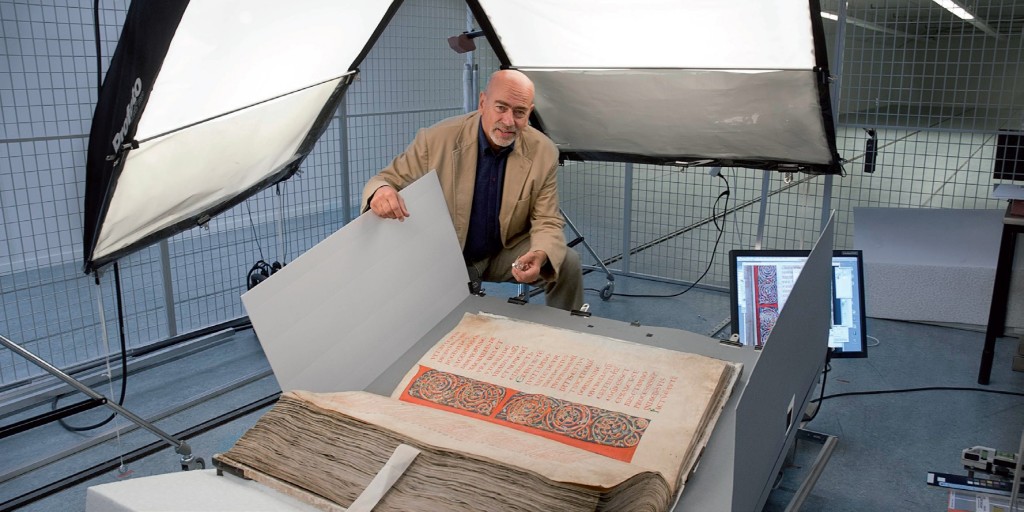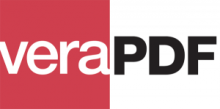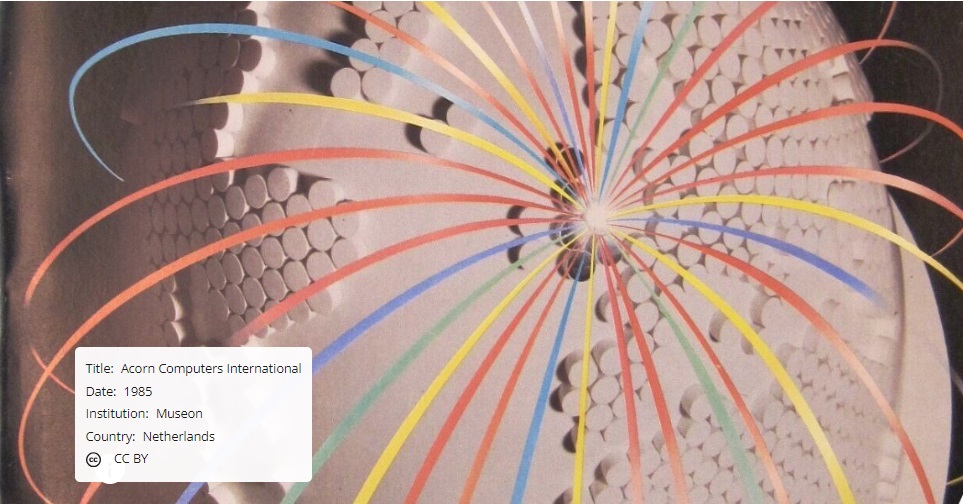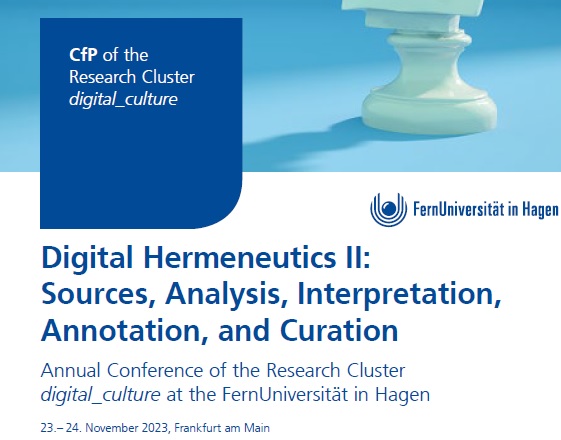The PREFORMA project is looking for partners willing to deploy and/or further develop the file-format validation tools developed in the project and we would be happy to include your institution or organisation among our early adopters.
Download here the model letter of expression of interest to join the PREFORMA community and send it back to info@preforma-project.eu.
The importance of file checking for digital preservation
Digital preservation means taking precautions to ensure long term access to digital content. Each of the different variants of file formats and codecs held in digital archives should be checked periodically. This might necessitate migrating some content to new formats to mitigate the risk of files becoming obsolete or unusable in the future.
If digital files do not comply to the standard specification then even files of and identical format and using the same codecs can have different properties. This means that subsequent migration or conversion processes may yield unpredictable results, jepoardising preservation workflows.
Three steps to making digital data future proof
- Validate incoming file formats and codecs against their standard specification. Files that conform with their specification can be parsed, processed or rendered consistently by any software that honours the specification.
- If necessary, define custom acceptance criteria for archival content and validate whether incoming files comply with such criteria.
- Make these checks part of the processing workflow.
The PREFORMA solution
The PREFORMA tools help memory institutions check file conformance, define custom policies, and build an efficient ingest workflow. Download and try them at www.preforma-project.eu/open-source-portal.html!
Four independent modules
- Implementation Checker: validates compliance with the specification in all respects.
- Policy Checker: enforces custom institutional policies beyond the scope of the specification itself.
- Reporter: produces customisable reports formatted for both human readability and automated parsing.
- Metadata Fixer: carries out any corrections to file metadata, if necessary, to achieve conformance with the specification.
Three media file types
- Electronic documents (PDF/A)
- Still images (uncompressed TIFF)
- Audiovisual files (FFV1 video and LPCM audio in a Matroska container)
Three adaptable program interfaces
- Command line
- GUI
- Web-based
Three deployment options
- Standalone executable available for most operating systems
- Network deployment as a client-server application
- Integration with third-party systems via APIs
Open Source
- All software is released under the GPLv3+ and MPLv2+ open licenses
- All digital assets are released under the Creative Commons license CC-BY v4.0
******************************
PREFORMA (www.preforma-project.eu) is a pre-commercial procurement project co-funded by the European Commission to enable memory institutions to take control of the conformity testing of digital files intended for long-term preservation. The intention is to reduce preservation costs, improve curation capacity and enhance competences in public organisations while reducing their reliance on individual vendors.
The PREFORMA consortium, coordinated by the National Archives of Sweden, comprises 15 partners from 9 European countries. These partners include national and local cultural organisations, audiovisual archives, public libraries, research centers, universities and SMEs.
During the project, a community of experts and users contributing to our work has grown to include more than 500 individuals from 50 countries across the globe. Through cooperation with institutions and organisations interested in validating the most common file-formats they curate, the PREFORMA tools are integrated into production environments worldwide.
Download here the PREFORMA brochure.


























